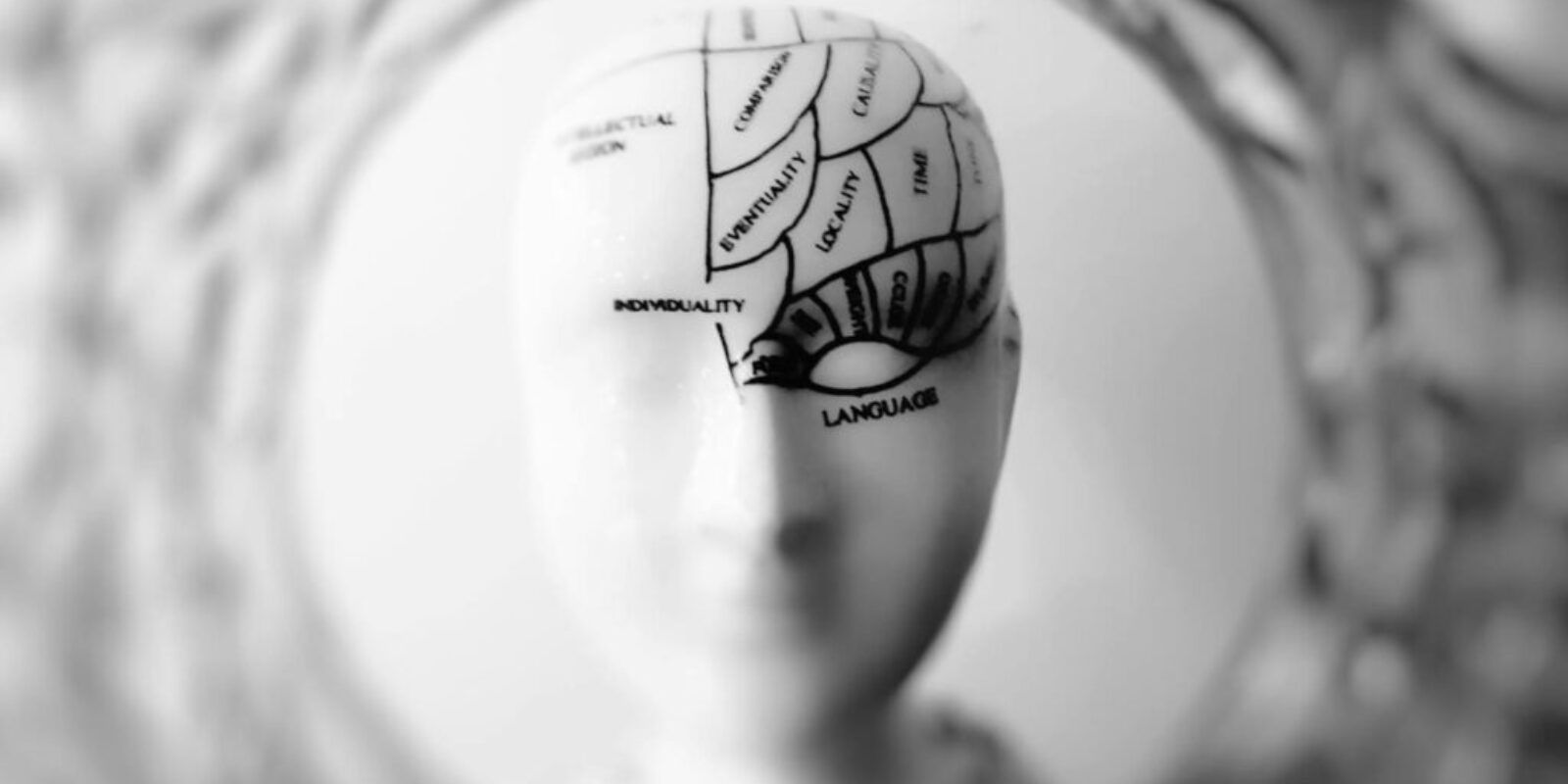Anxiety can have profound effects on both the brain’s structure and function. It impacts various areas of the brain that are responsible for processing emotions, memories, and decision-making. Here are several ways in which anxiety affects the brain:
1. Increased Activity in the Amygdala
The amygdala is a part of the brain involved in processing emotions, particularly fear and anxiety. In people with anxiety, the amygdala becomes overactive, which can lead to an exaggerated fear response. This heightened activity makes individuals more sensitive to potential threats, even when there is no real danger. As a result, the brain becomes primed to react in fear, triggering physical symptoms like a racing heart or rapid breathing.
2. Reduced Prefrontal Cortex Function
The prefrontal cortex (PFC) is the area of the brain that helps with decision-making, impulse control, and regulating emotions. Anxiety can impair the functioning of the PFC, making it harder to manage emotional responses or think rationally in stressful situations. This reduction in PFC activity is why people with anxiety may experience difficulty concentrating, have trouble making decisions, or feel overwhelmed by stress.
3. Dysregulation of the HPA Axis (Stress Response System)
The hypothalamic-pituitary-adrenal (HPA) axis is a system that regulates the body’s stress response. Chronic anxiety can lead to dysregulation of this system, resulting in an excessive release of stress hormones like cortisol. Elevated cortisol levels can lead to heightened anxiety, disrupted sleep, and long-term health problems, including memory impairment and weakened immune function.
4. Changes in Brain Structure (Hippocampus Shrinkage)
Chronic anxiety can lead to physical changes in the brain, particularly the hippocampus, which is involved in memory and learning. Prolonged anxiety can lead to hippocampal shrinkage, which may impair memory and the ability to form new memories. This shrinkage is thought to occur due to the prolonged exposure to high levels of stress hormones like cortisol, which can damage brain cells over time.
5. Impaired Neuroplasticity
Neuroplasticity refers to the brain’s ability to adapt and reorganize by forming new neural connections. Anxiety, particularly chronic anxiety, can impair this process, making it harder for the brain to recover from stress or trauma. This means that individuals with anxiety may find it more challenging to adapt to new situations or learn new coping strategies, leading to a cycle of persistent anxiety and stress.
6. Hypervigilance and Heightened Perception of Threats
Anxiety can cause the brain to become overly focused on potential dangers, leading to hypervigilance—a heightened state of alertness. This constant scanning of the environment for threats is associated with increased activation of the amygdala and diminished ability to filter out non-threatening stimuli. As a result, individuals with anxiety may be more likely to misinterpret situations as dangerous, which perpetuates anxious thoughts and behaviors.
7. Impaired Emotional Regulation
Anxiety can disrupt the brain’s ability to regulate emotions, often leading to intense and overwhelming emotional responses. The brain’s emotional regulation systems, including the prefrontal cortex and the anterior cingulate cortex, may become less effective, making it difficult to manage feelings of fear, anger, or sadness. This emotional dysregulation contributes to the mood swings and irritability that often accompany anxiety disorders.
8. Increased Risk of Co-Occurring Mental Health Issues
Chronic anxiety can affect other regions of the brain, leading to an increased risk of developing additional mental health conditions, such as depression or substance abuse. The brain’s inability to properly regulate stress and emotions can create a cycle where anxiety exacerbates other issues, leading to a worsening of symptoms across various mental health conditions.
9. Impaired Sleep and Cognitive Function
Anxiety disrupts sleep by causing the brain to remain in a heightened state of alertness, even at night. This lack of restful sleep impairs cognitive function and memory consolidation. Sleep deprivation can make it harder to focus, think clearly, and process emotions effectively. Over time, this can contribute to a decline in mental health and the worsening of anxiety symptoms.
10. Altered Reward System (Dopamine Dysfunction)
The brain’s dopamine system, which is responsible for reward and motivation, may also be altered in individuals with anxiety. Anxiety can lead to a decreased ability to experience pleasure or motivation from everyday activities, a symptom known as anhedonia. This dysfunction can create a cycle where the individual feels less motivated to engage in activities that might alleviate their anxiety, thus reinforcing anxious feelings.
In summary, anxiety affects the brain in multiple ways, from altering its structure and function to affecting cognitive and emotional regulation. These changes can create a vicious cycle, where anxiety leads to brain alterations that, in turn, intensify anxiety symptoms. Treatment through therapy, medication, and lifestyle changes can help mitigate these effects and promote better brain health.




